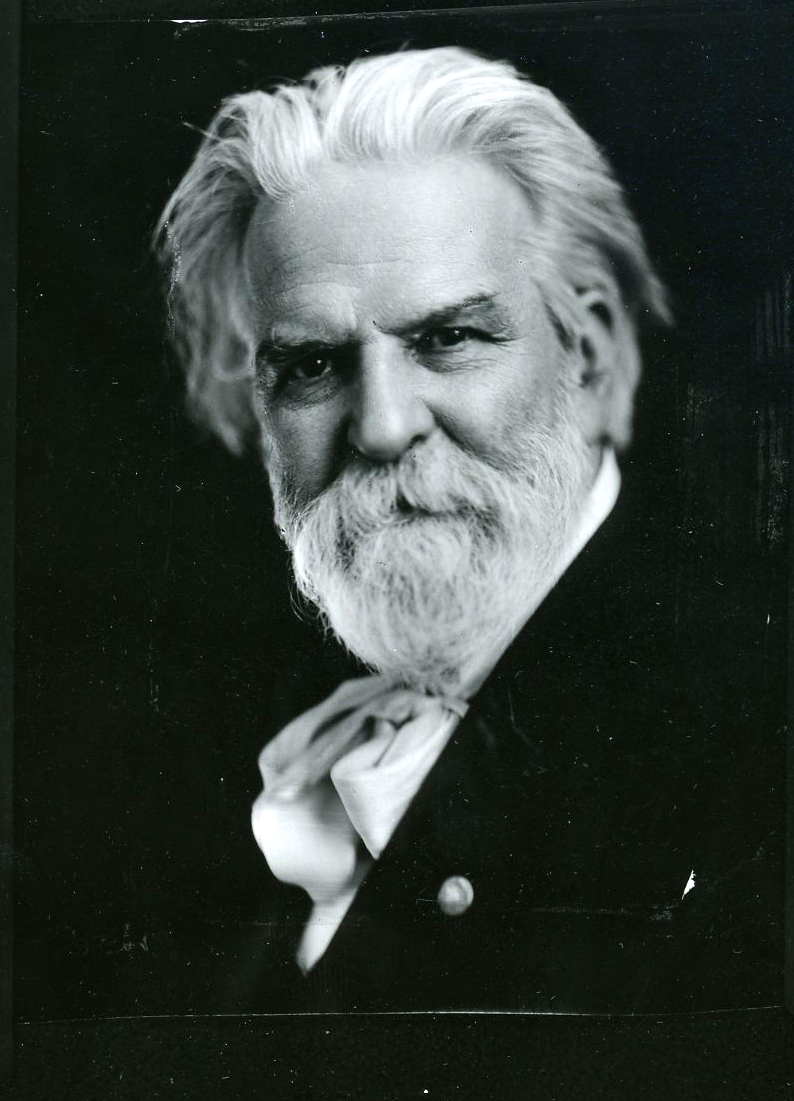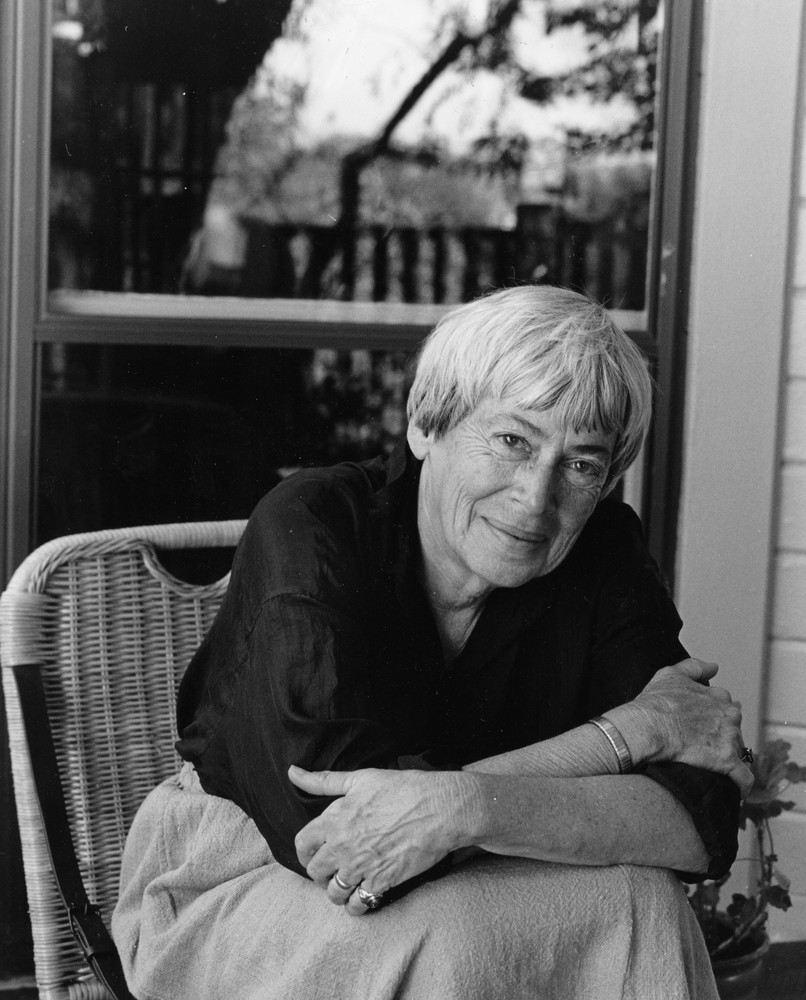Robin Cody, born in St. Helens, Oregon, in 1943, was educated at Estacada High School and at Yale University. A writer and riverman, Cody has also been a teacher, an army officer, a university administrator, a baseball umpire, a basketball referee, a long-distance bicyclist, and a school bus driver. He lives in Portland. Cody taught in the American School of Paris and was the dean of admissions for Reed College. He worked for the Bonneville Power Administration as a writer.
Cody writes about the Columbia River and its hinterland, the people of western Oregon and the issues that affect them. He won the Western Writers of America's Silver Spur Award in 1986 for a piece he wrote for the Oregonian, "Let 'Er Buck!", and published his first book, Umbrella Guide to Bicycling the Oregon Coast, in 1990. He published Ricochet River in 1992, a novel about young people growing up in a small logging town in the early 1960s, now in its third edition and filmed in 1998. The Oregon Cultural Heritage Commission named the book one of the 100 best books published about Oregon between 1800 and 2000.
Cody's Voyage of a Summer Sun, an account of how he canoed the Columbia from source to mouth in 1990, won the 1995 Oregon Book Award for literary nonfiction and the 1996 Pacific Northwest Booksellers Association Book Award. Another Way the River Has: True Tales from the Northwest (2010) is a carefully crafted selection of short nonfiction pieces written between 1983 and 2008.
Beneath the elegant simplicity of Cody’s narratives, fictional and nonfictional, is found a worldview that may be called humane Darwinism, a delighted observation of changing and mingling life, whether vegetal, animal or human, urban or rural. He even-handedly presents the claims of cattle-raising, salmon-fishing, logging, dams, and wildlife preservation and sees the people he meets as heroes of the everyday, from loggers to Coast Guard personnel to handicapped children.
Cody enjoys the apparent paradoxes of life along the great river and its tributaries; the possibility of moving from a mooring rich in natural life to downtown Portland and its famous bookshop, simply by strolling; or the warmth, kindness, and narrow-mindedness sometimes found together in small communities. Deeply rooted in such communities himself (many of his family members were or are loggers), Cody is an unobtrusive patriot for the local in the context of the world. Jesse Howl, the Indian boy in Ricochet River, invents the phrase ‘Vujà dé, the opposite of ‘Déjà vu’, for “the weird feeling you’re the first one out here.” Again and again, Cody gives the reader, whether local or from elsewhere, a feeling of new perceptions amid life’s stream.
-
![]()
Ricochet River, 25th Anniversary Edition, 2017.
Courtesy Ooligan Press
Related Entries
-
![Brian James Patrick Doyle (1956-2017)]()
Brian James Patrick Doyle (1956-2017)
Writer Brian Doyle explored the spirit of Oregon’s small towns and the …
-
Chuck Palahniuk (1962-)
Fiction writer and journalist Chuck Palahniuk (pronounced paula-nick) w…
-
![Edwin Markham (1852-1940)]()
Edwin Markham (1852-1940)
Throughout most of his life, Edwin Markham was known as the Dean of Ame…
-
![Ken Kesey (1935-2001)]()
Ken Kesey (1935-2001)
A farm boy from the Willamette Valley, Ken Kesey brought an earthy, ind…
-
Ursula K. Le Guin (1929–2018)
Ursula K. Le Guin, one of Oregon’s preeminent writers, was born Ursula …
Map This on the Oregon History WayFinder
The Oregon History Wayfinder is an interactive map that identifies significant places, people, and events in Oregon history.
Further Reading
Cody, Robin. Another Way the River Has: True Tales from the Northwest. Corvallis: Oregon State University Press, 2010.
Cody, Robin. Ricochet River. New York: Alfred A. Knopf, 1992.
Cody, Robin. Umbrella Guide to Bicycling the Oregon Coast. Friday Harbor, Wash.: Umbrella Books, 1990.
Cody, Robin. Voyage of a Summer Sun. New York: Alfred A. Knopf, 1995.






